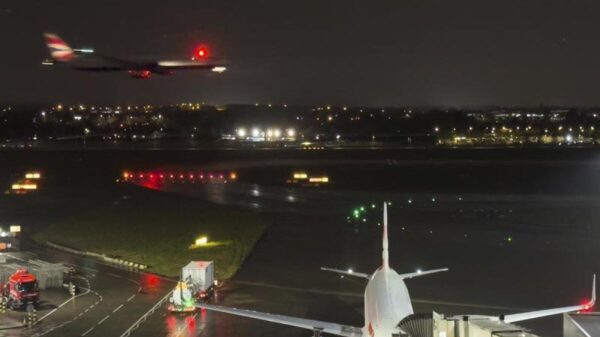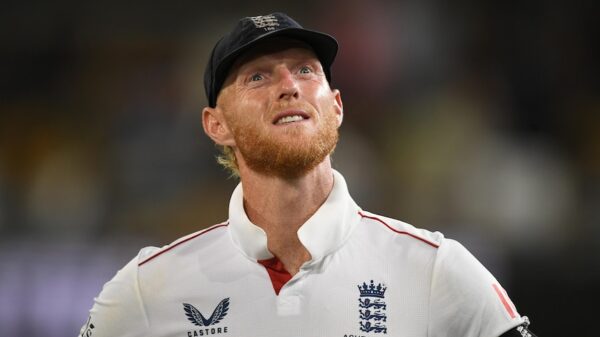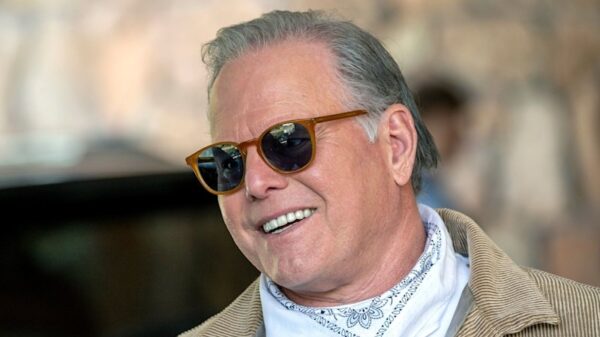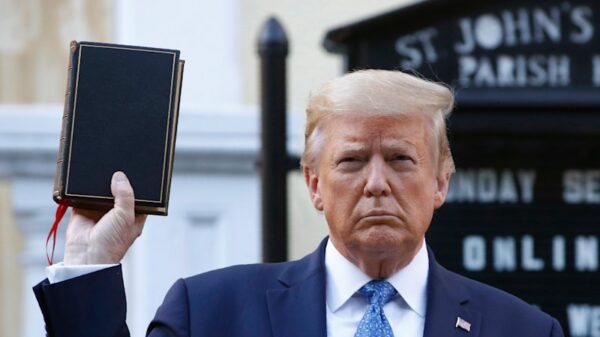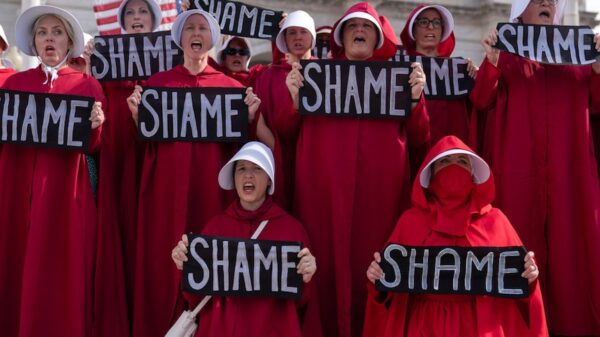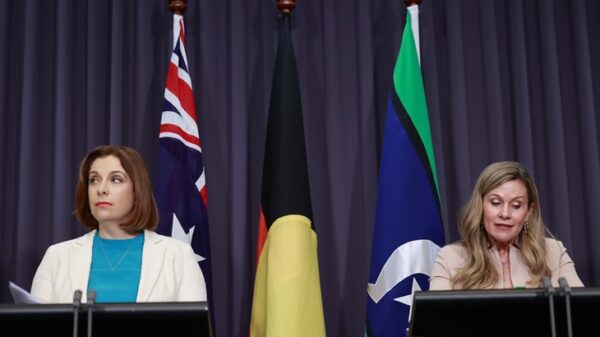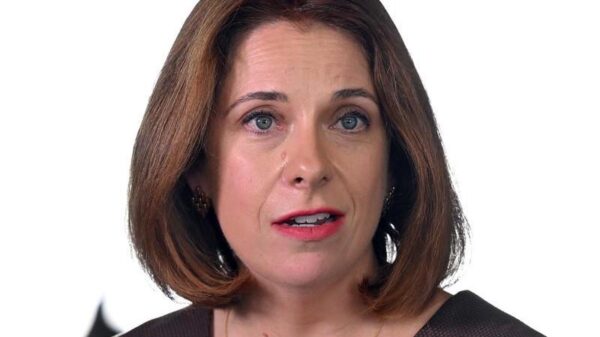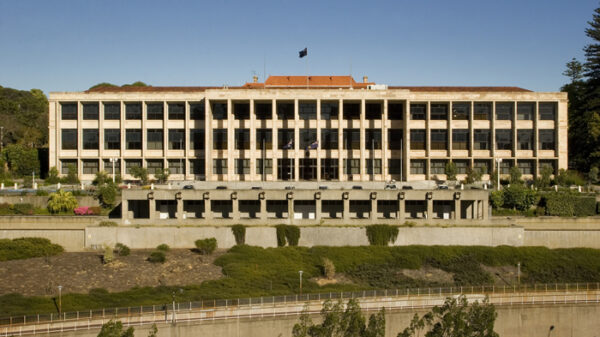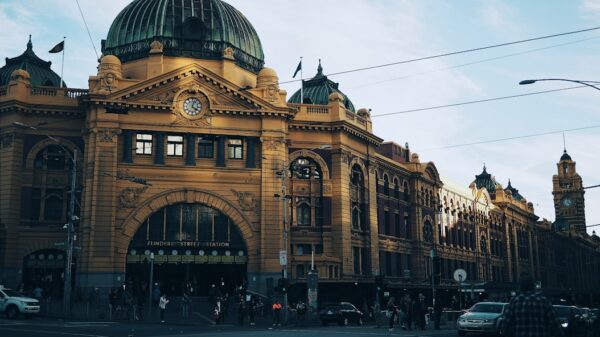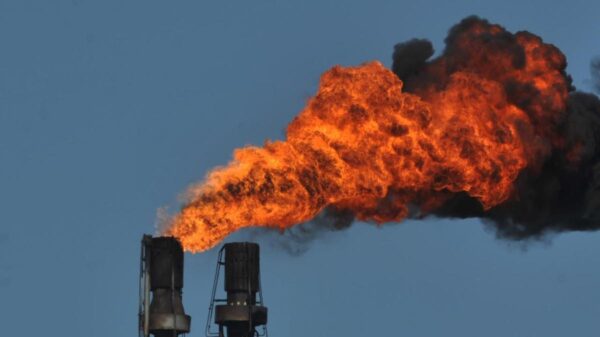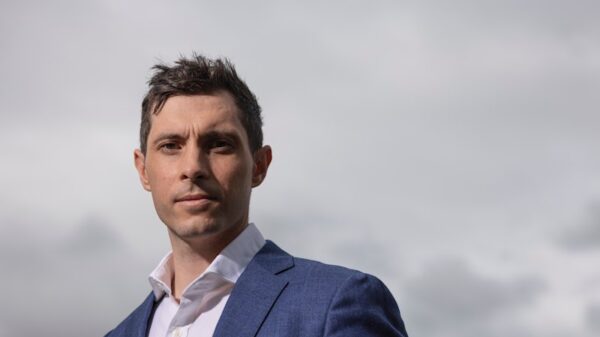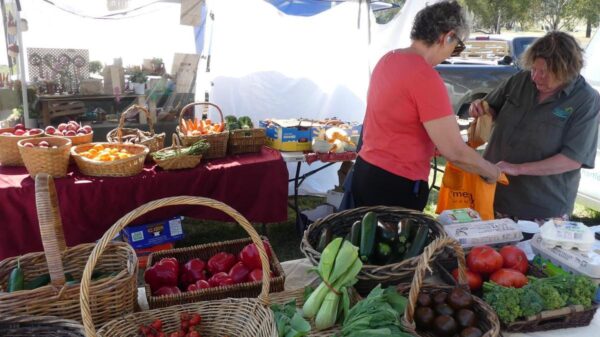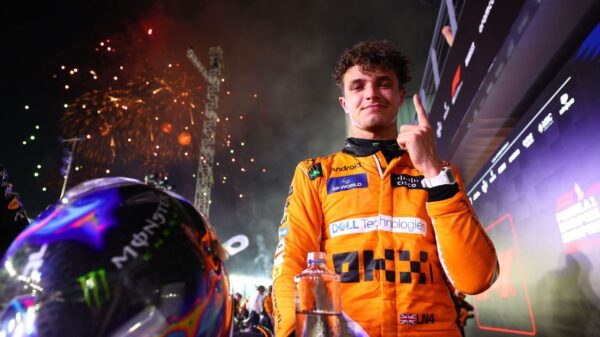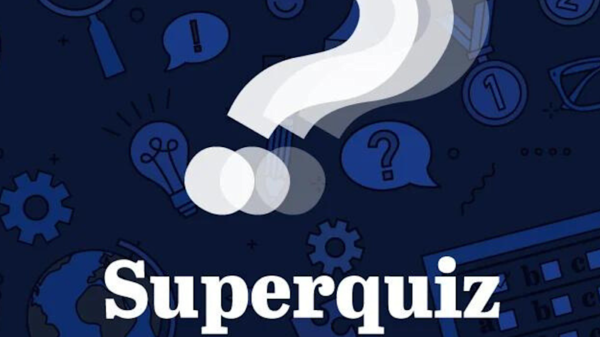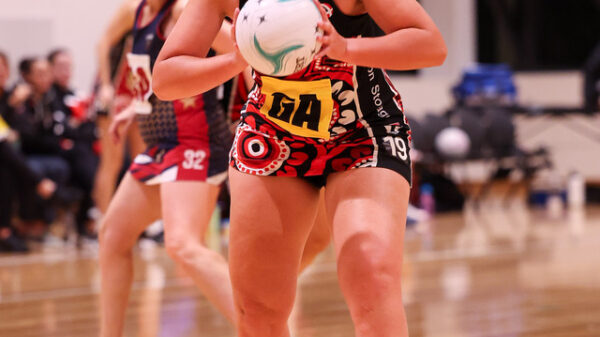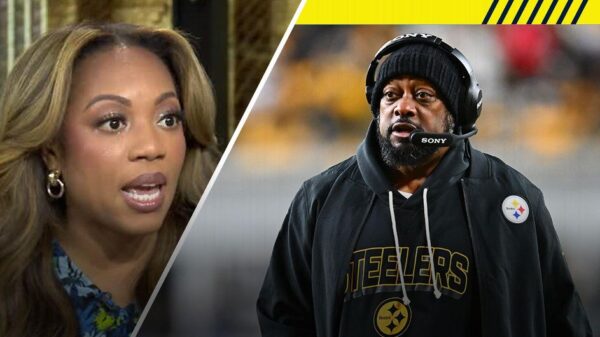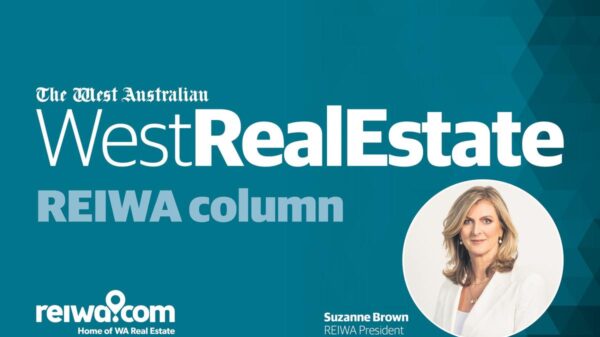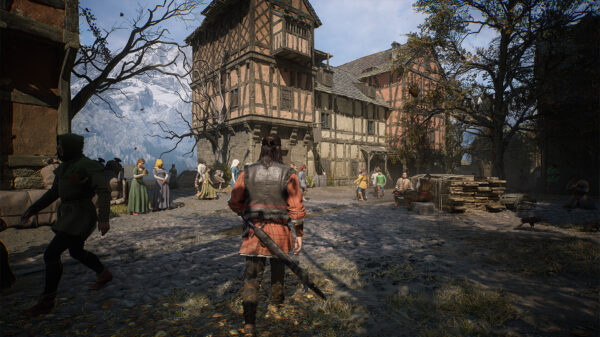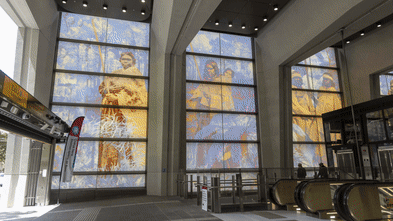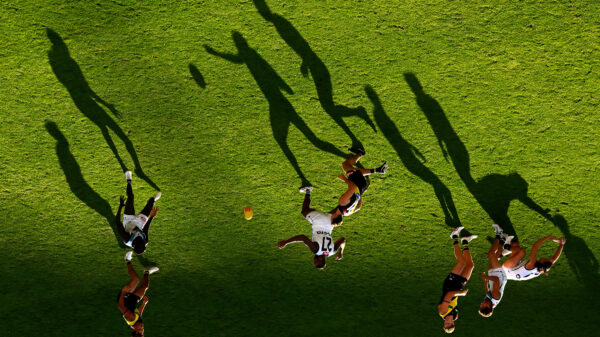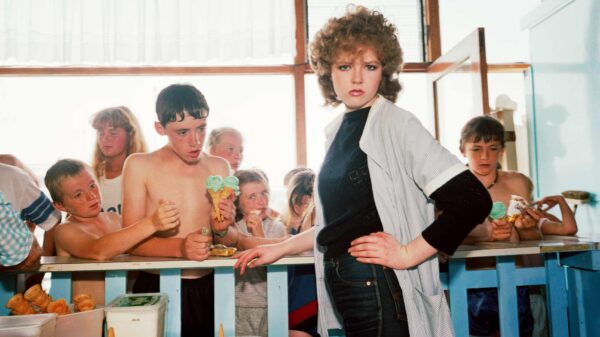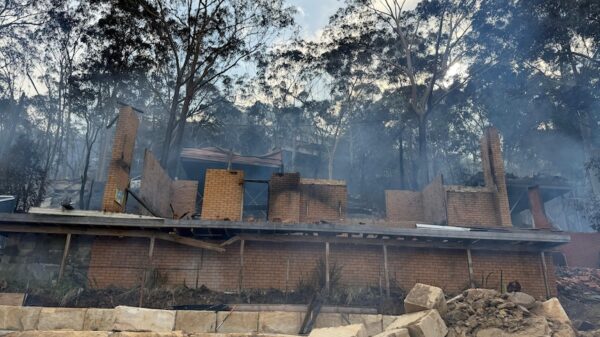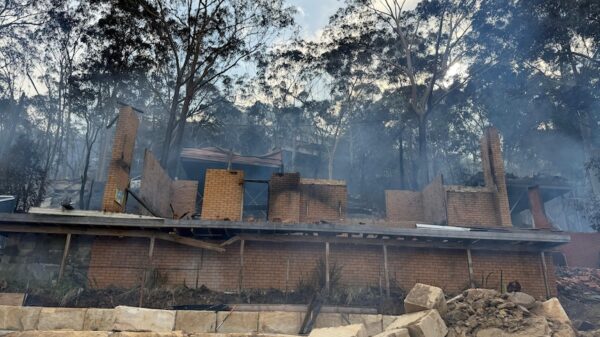In recent weeks, discussions surrounding the rise of far-right groups in Australia have brought attention to the past affiliations of Hollywood actor Mel Gibson with extremist organizations in the late 1980s. This connection raises questions about the long-standing influence of these ideologies in the region, particularly as Australia faces a surge in anti-government sentiments and violence associated with far-right movements.
During a 1987 party in Wodonga, journalist insights revealed attempts to warn Gibson about the League of Rights, a far-right group known for its antisemitic propaganda. At the time, Gibson was living with his family on a farm near the village of Tangambalanga, less than an hour from Porepunkah. He had recently engaged in local politics by supporting an obscure independent candidate, Rob Taylor, during the federal election campaign for the seat of Indi.
The League of Rights, which faced condemnation from figures like Ron Boswell, a senator with the National Party, was notorious for spreading conspiratorial claims linking global events to Jewish influence. Boswell described the League in parliament as “racist, antisemitic and neo-Nazi,” highlighting the group’s role in fostering division and resentment in communities.
Despite warnings, Gibson appeared on the Nine Network’s Midday Show, echoing sentiments aligned with the League’s rhetoric, criticizing Australia’s economic dealings with foreign powers. His public statements attracted a segment of the population receptive to fringe ideas, as Taylor garnered 8.2 percent of the vote, demonstrating that Gibson’s celebrity status could amplify extremist messages.
Years later, Gibson found himself embroiled in controversy after making antisemitic remarks to a police officer during a 2006 DUI arrest. He later claimed to reject antisemitism, yet these incidents have contributed to the complex narrative surrounding his public persona.
While Gibson was engaging with far-right ideologies, another figure, Jennifer McCallum, founded the group People Against Communism in the region. She promoted the idea of a “One World Government,” echoing conspiracy theories linking such concepts to historical antisemitic beliefs. McCallum’s ability to fill country halls with audiences eager to hear her lectures reflects a broader susceptibility to conspiracy theories in rural areas.
The ongoing effects of the COVID-19 pandemic have intensified these sentiments, leading to the rise of the so-called “sovereign citizens” and “freedom” movements. These groups have gained traction by rejecting government authority and promoting the idea that unseen forces manipulate events. The current climate of discontent and fear, as described by Boswell, has fostered a resurgence of radicalized communities, some of which have adopted violently extremist views.
Recent events have underscored this alarming trend, with reports of a “sovereign citizen” involved in the fatal shooting of two police officers, alongside protests in major cities where neo-Nazi groups clashed with Indigenous Australians. These incidents illustrate a disturbing escalation in violence and extremism that raises critical questions about the societal impact of past affiliations and the enduring nature of conspiratorial beliefs in Australia.
As Australia grapples with these challenges, the historical context of figures like Mel Gibson and their associations with extremist groups becomes increasingly relevant. The rise of far-right ideologies signals the need for a concerted effort to address the underlying issues that foster such beliefs and to promote a more inclusive society.
The complex interplay of celebrity influence, far-right ideologies, and societal discontent illustrates the multifaceted nature of this issue. Understanding the past can provide valuable insights into the present and help inform strategies for countering extremism in all its forms.






